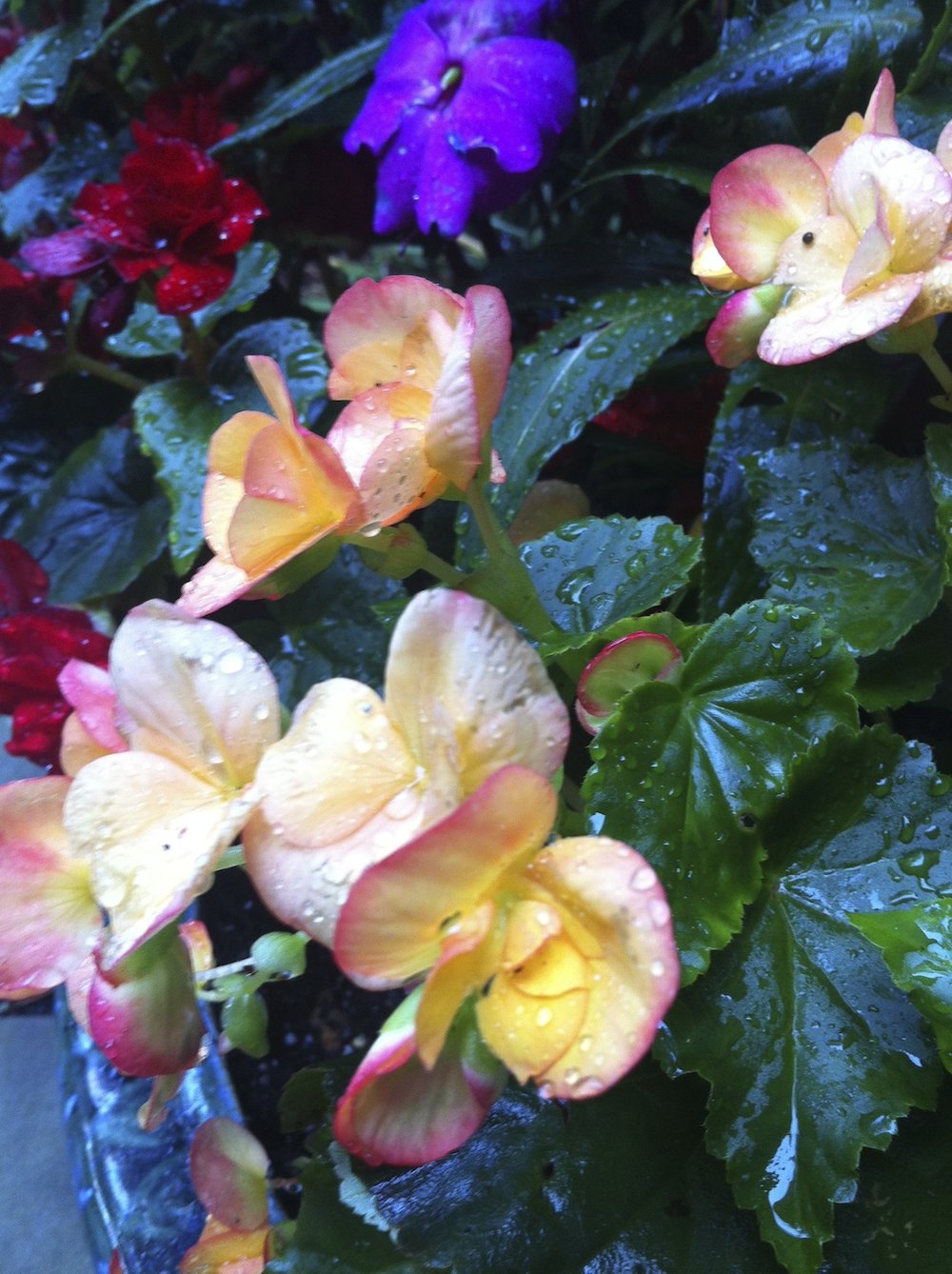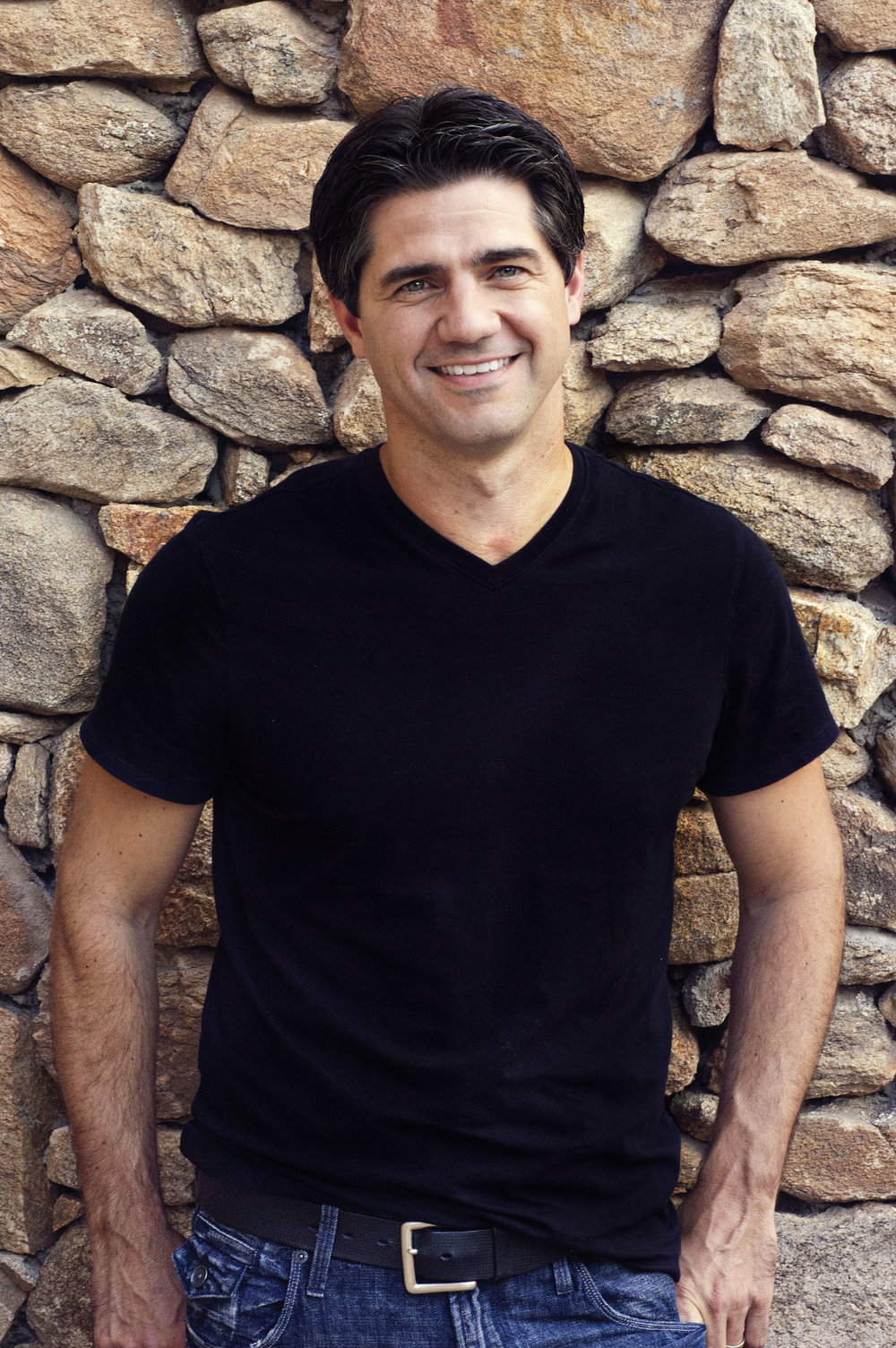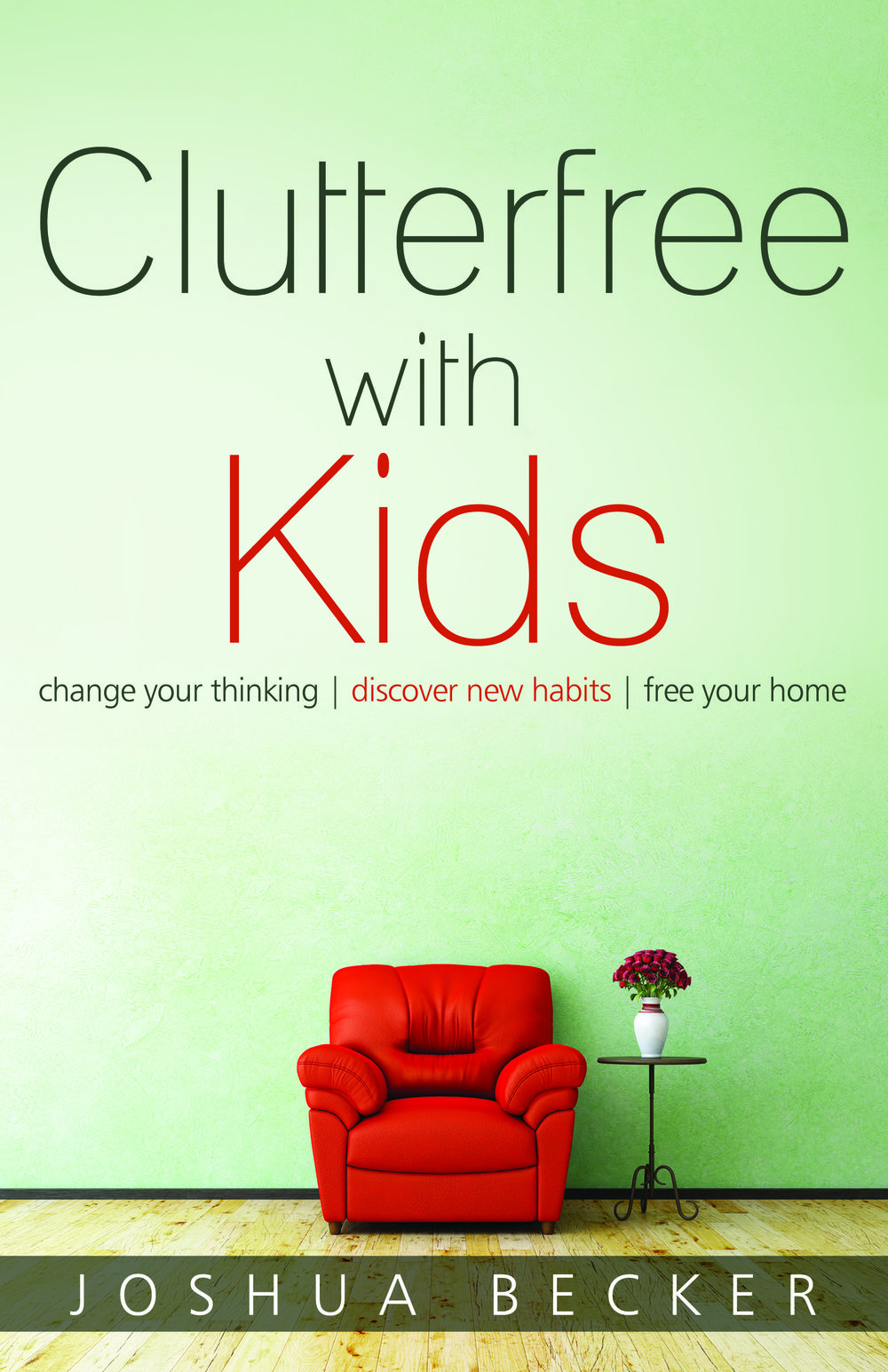Do you ever get stuck? I’m guessing that you said, “yes” to that question. We get stuck for so many reasons such as we aren’t sure what to do next, or that next step seems too big, or we lack the confidence to experiment, or a million and one other reasons why we are treading water, but moving nowhere.
I’ve been holding on to a wonderful list of life lessons, written by author Regina Brett on the night before her 45th birthday. When she turned 50, she expanded the list. Every so often I read it over and by the end, I always feel inspired, grounded and energized. As I read her list again recently, I noticed the connection between her sage wisdom and how much of it related to becoming unstuck.
If you’re grappling with how to clarify your next step, dive into Regina Brett’s wonderful life lessons. Number two seemed particularly apt . . .
“When in doubt, just take the next small step.”
Regina Brett's 50 Life Lessons
“Life isn’t fair, but it’s still good.
When in doubt, just take the next small step.
Life is too short to waste time hating anyone.
Don’t take yourself so seriously. No one else does.
Pay off your credit cards every month.
You don’t have to win every argument. Agree to disagree.
Cry with someone. It’s more healing than crying alone.
It’s OK to get angry with God. He can take it.
Save for retirement starting with your first paycheck.
When it comes to chocolate, resistance is futile.
Make peace with your past so it won’t screw up the present.
It’s OK to let your children see you cry.
Don’t compare your life to others’. You have no idea what their journey is all about.
If a relationship has to be a secret, you shouldn’t be in it.
Everything can change in the blink of an eye. But don’t worry. God never blinks.
Life is too short for long pity parties. Get busy living, or get busy dying.
You can get through anything if you stay put in today.
A writer writes. If want to be a writer, write.
It’s never too late to have a happy childhood. But the second one is up to you and no one else.
When it comes to going after what you love in life, don’t take no for an answer.
Burn the candles, use the nice sheets, wear the fancy lingerie. Don’t save it for a special occasion. Today is special.
Overprepare, then go with the flow.
Be eccentric now. Don’t wait for old age to wear purple.
The most important sex organ is the brain.
No one is in charge of your happiness except you.
Frame every so-called disaster with these words: ‘In five years, will this matter?’
Always choose life.
Forgive everyone everything.
What other people think of you is none of your business.
Time heals almost everything. Give time time.
However good or bad a situation is, it will change.
Your job won't take care of you when you are sick. Your friends will. Stay in touch.
Believe in miracles.
God loves you because of who God is, not because of anything you did or didn’t do.
Whatever doesn’t kill you really does make you stronger.
Growing old beats the alternative – dying young.
Your children get only one childhood. Make it memorable.
Read the Psalms. They cover every human emotion.
Get outside every day. Miracles are waiting everywhere.
If we all threw our problems in a pile and saw everyone else’s, we’d grab ours back.
Don’t audit life. Show up and make the most of it now.
Get rid of anything that isn’t useful, beautiful or joyful.
All that truly matters in the end is that you loved.
Envy is a waste of time. You already have all you need.
The best is yet to come.
No matter how you feel, get up, dress up and show up.
Take a deep breath. It calms the mind.
If you don’t ask, you don’t get.
Yield.
Life isn’t tied with a bow, but it’s still a gift.”
We get stuck. We experience doubt. We have challenges with figuring out what to do next. Which of these ideas resonate with you? I’d love to hear your thoughts. I invite you to join the conversation and share one of your life lessons with us!









